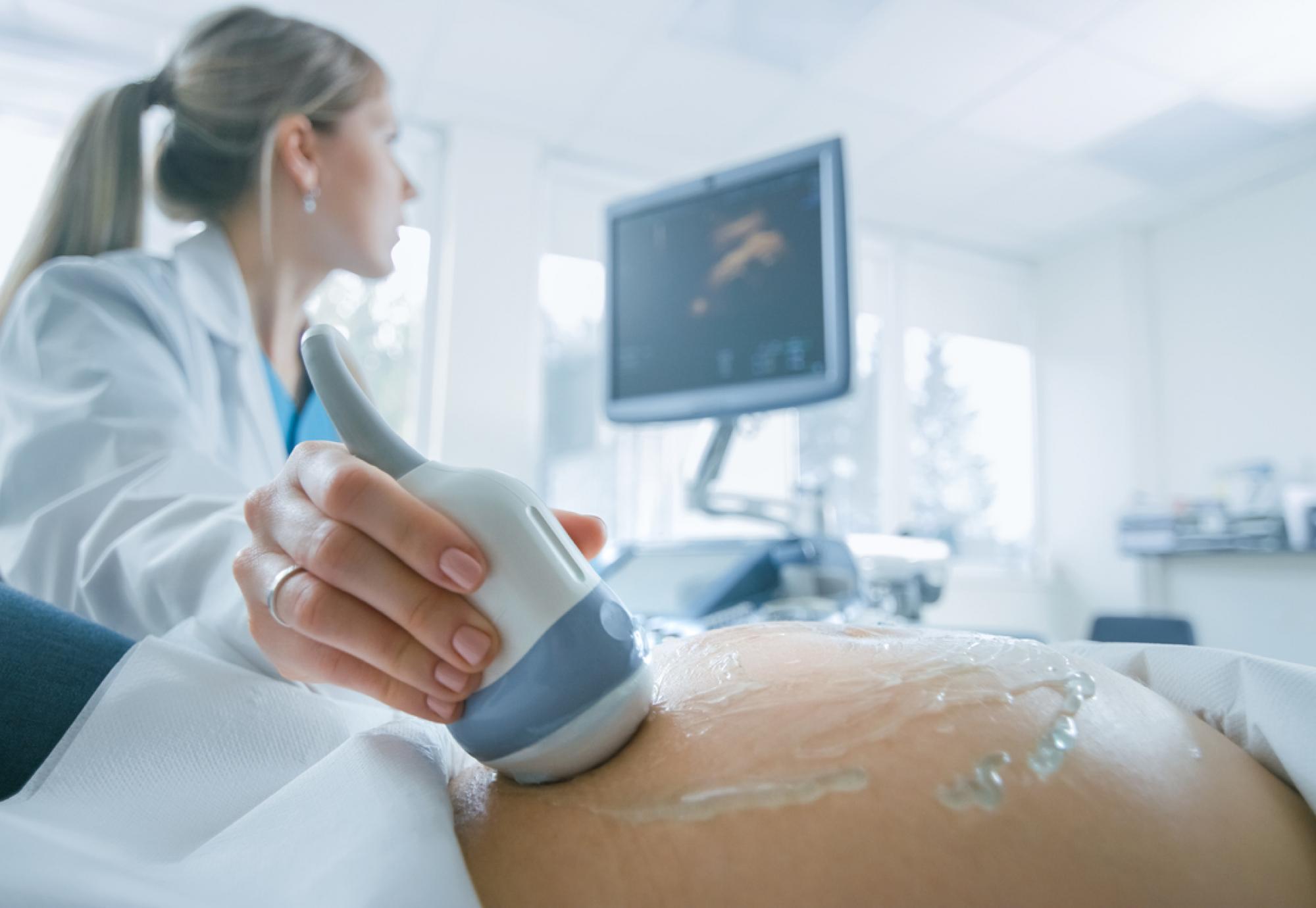NICE published new draft guidance today, recommending that women are induced earlier in labour than previously advised in 2008, due to it making the birth safer.
The guidelines recommend that women with uncomplicated singleton pregnancies should be offered induction at 41 weeks, and the induction should take place as soon as possible.
Previous guidance advised women to be induced between 41 and 42 weeks, and that women who had chosen not to be induced should be monitored after 42 weeks. Recent research compared induction times, and outcomes showed there were higher infant mortality rates after 42 weeks if the woman had not been induced.
The NICE independent advisory guideline committee also recommended that more research should be done to establish at what gestational age, induction of labour should be offered in the groups of women who are at higher risks if their pregnancy continues. These groups include women of black, Asian, and ethnic minority backgrounds, women with a BMI over 30, and women aged over 35.
Dr Paul Chrisp, Director of the Centre for Guidelines at NICE, said: “It’s vitally important that pregnant women faced with the possibility of induced labour, are offered advice based on the latest evidence. By advising induced labour one week earlier, we can help ensure that women and babies are safer from harm and have the best possible outcomes during birth.”
The committee also identified an increased risk in women who experienced intrauterine fetal death, and who previously had a caesarean birth, as they were more likely to suffer a uterine rupture. The draft guidance recommends that they should be advised of this risk when discussing birth options.
Previous advice recommended that in these circumstances women should be offered pharmacological interventions to induce labour, such as mifepristone, followed by a prostaglandin (dinoprostone or misoprostol), and careful monitoring. However, the committee found no evidence of any pharmacological interventions in this group, and found that dinoprostone and misoprostol are now not recommended for women who have a uterine scar.
The committee recommended research into the best methods for inducing labour in women who experience intrauterine fetal death, having previously had a caesarean birth.
Dr Chrisp added: “It’s tragic when a woman suffers intrauterine fetal death and we need to make sure they are fully supported. We also need to make sure they – and healthcare staff – are fully aware of the risks of different interventions and can make informed decisions accordingly. However, it’s clear that more research should be done to establish the safest and most effective way to induce labour in higher risk women who have experienced intrauterine fetal death, which is why we’ve made the recommendation to this effect.”
The draft guideline is now open for consultation and can be commented upon here.



















